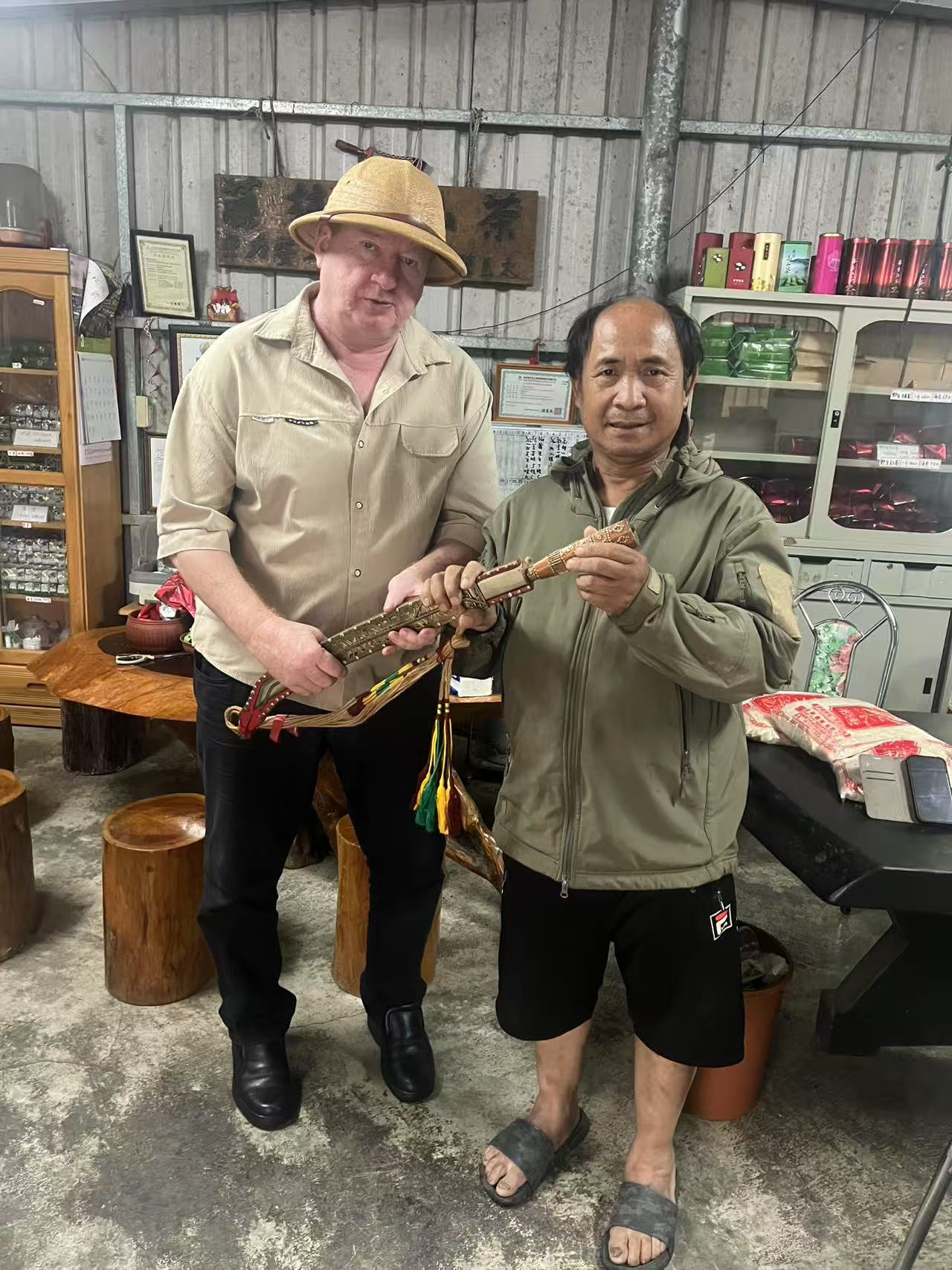Jake Sanders, Kaoshiung
The Bunang tribe, also known as the Bunang or Bunang people, is one of the many indigenous groups residing in the southern regions of Taiwan, with their traditional homeland located in the Kaohsiung area. This tribe preserves a rich cultural heritage that includes unique hunting practices and ceremonial rituals, with their traditional swords playing a significant role in both daily life and spiritual ceremonies.
Cultural Background of the Bunang Tribe
The Bunang tribe is part of Taiwan’s diverse indigenous peoples, often classified under the larger Austronesian family. Their history dates back centuries, with complex social structures, oral traditions, and a deep connection to the natural environment. The tribe’s culture emphasizes harmony with nature, ancestral worship, and communal activities.
Traditional Hunting Practices
Historically, hunting was essential to the Bunang tribe’s survival, providing food, materials for clothing and tools, and serving as a rite of passage for young men. They employed sustainable hunting methods tailored to their environment, utilizing traps, bows and arrows, and specialized knives. The hunt was often accompanied by spiritual rituals to honor the animals and seek their spirits’ blessing, reflecting the tribe’s reverence for wildlife.
Ceremonial Swords and Their Significance
A notable aspect of Bunang culture is their use of ceremonial swords, which symbolize status, spiritual power, and cultural identity. These swords are typically handcrafted from locally sourced metals and hardwoods, featuring intricate carvings and motifs representing ancestral spirits, animals, or natural elements.
During important festivals and rituals, warriors or elders wield these swords in processions, dances, and offerings to gods and spirits. The ceremonial sword is more than a weapon; it embodies the tribe’s heritage, bravery, and connection to their ancestors. The design often reflects traditional symbols and stories, passed down through generations.
Modern Preservation and Adaptation
Today, the Bunang tribe continues to cherish their traditional practices, balancing preservation with adaptation in a rapidly modernizing Taiwan. Cultural festivals and tourism initiatives aim to showcase their heritage, including demonstrations of hunting techniques and swordsmanship. Efforts are also underway to protect their ancestral sites, artifacts, and intangible cultural heritage.
The Bunang indigenous tribe of Kaohsiung embodies a vibrant cultural legacy rooted in traditional hunting and ceremonial practices. Their distinctive swords remain powerful symbols of their identity, spiritual beliefs, and history. Preserving these traditions offers valuable insights into Taiwan’s rich indigenous tapestry and highlights the importance of respecting and maintaining cultural diversity.

